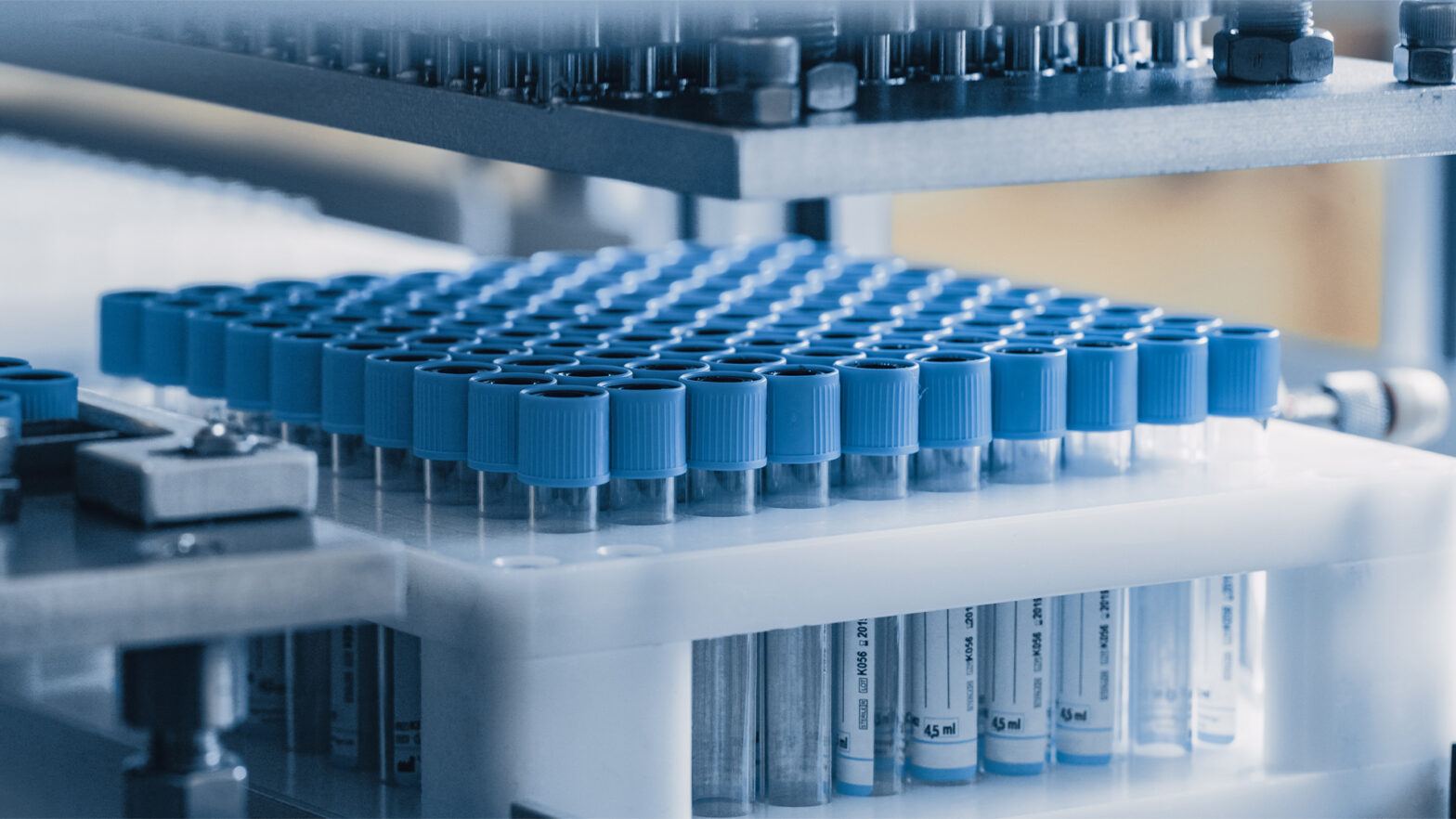
By Uwe Trinks, Global Practice Lead, PV Technologies at IQVIA
Pharmaceutical case processing experienced a 220% surge in the number of reported adverse events (AEs) from 2010 to 2023. This substantial rise in volume placed immense strain on pharmacovigilance (PV) teams, particularly as the industry has exhausted practically all code- and rule-based opportunities to streamline operations. It has also led to extended AE case processing times and potential errors in reporting. However, generative artificial intelligence (GenAI) presents a promising solution for enhancing AE case processing through proactive data collection and analysis.
Initially relying on manual paper forms, AE data collection has evolved into digital formats like PDFs, Excel spreadsheets and XML files, still being a predominantly passive process. The processes today are already automated to a certain extent, leverage a significant amount of traditional code; however, this requires still substantial effort due to the need for human oversight and quality checks at every step of the way. The manual nature of these methods often leads to gaps in data, rendering data searches incomplete. PV teams must then query these fields that are lacking crucial information, which can be a time-consuming process. This is the point at which GenAI can step in to create a much more complete holistic case, addressing the gaps in information during AE case processing.
Proactive data analysis for improved AE case processing
By actively collecting data, GenAI can identify crucial patient factors to enhance the understanding of the relationship between AEs and a drug. This form of advanced automation can fill these fields with suggested information based on a variety of sources. For instance, if a patient reports a stroke, organizations may require further information about the patient to evaluate the cause and relationship between the stroke and the drug. This consists of case processors accessing the patient’s family history of strokes, noting any previous stroke occurrences, if they have high cholesterol levels or whether they are at risk of a heart attack. GenAI can enhance this process by filling in this information based on other patient documents, providing details that can better determine the AE and its relation to the drug’s safety.
This proactive approach streamlines data collection and improves the quality of information available for analysis. By filling in all missing fields with relevant, critical information, GenAI can improve the accuracy of case processing and reduce the likelihood of errors.
While tools such as GenAI improve efficiency, organizations must prepare for the implementation of advanced automation within AE case processing. A ‘human in the loop’ is necessary to complement technological advancements for scenarios requiring ethical considerations, experience-based decision making or contextual judgment. This provides a direct feedback loop that ensures continuous learning and improvement. This level of review takes only a fraction of the time traditional AE case processing methods take, and the average quality of AI outputs are equivalent to or higher than human outputs.
As the volume of AEs continues to grow, the need for innovative solutions that leverage advanced automation becomes increasingly urgent. GenAI holds significant promise to enhance AE case processing through active data collection, pinpointing critical patient factors that can better determine the relationship between an AE and a drug. To adapt to technological advancements and transform PV workflows, organizations must prioritize a forward-thinking strategy that utilizes a much more automated process with human verification and oversight. This includes a comprehensive governance framework to compensate for the limited validation of Gen AI. Regulators such as the US FDA, have recognized the potential and the challenges and providing guidance, such as the FDA’s “Consideration for the Use of Artificial Intelligence to support Regulatory Decision Making for Drugs and Biological Products” planned for later this year.


















